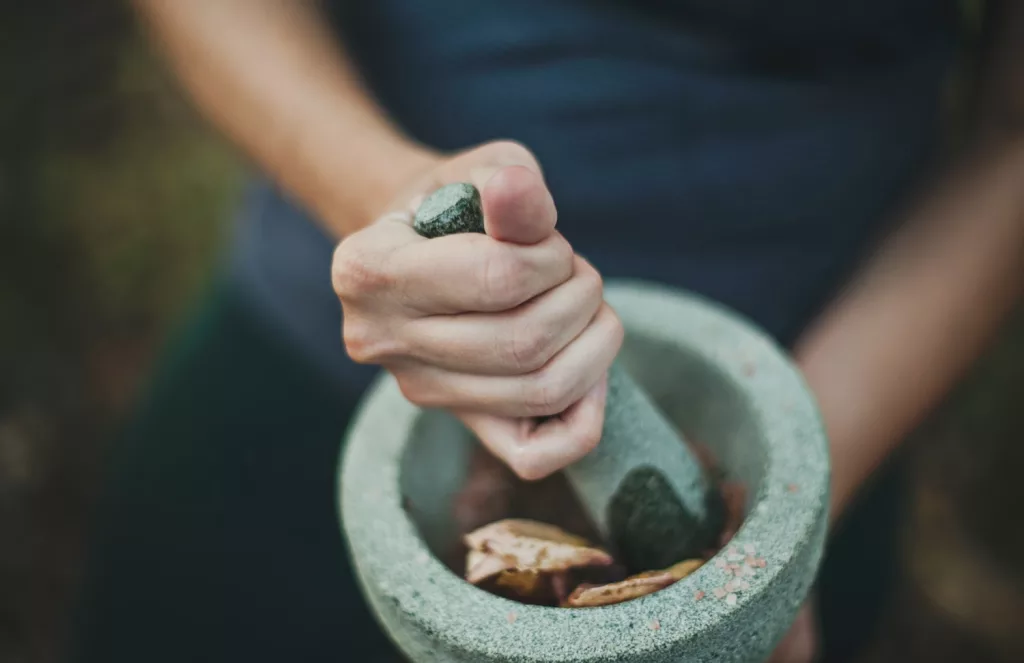Urinary Tract Infections (UTIs) can be a painful and frustrating condition to deal with. They occur when bacteria enter the urinary tract, causing inflammation and discomfort. While antibiotics are commonly prescribed to treat UTIs, some individuals may prefer natural remedies to alleviate symptoms or complement their ongoing treatment.
In this blog post, we will explore several effective home remedies for UTI that may provide relief and support your recovery.
What is UTI and What Causes It?
A Urinary Tract Infection (UTI) is an infection that affects any part of the urinary system, which includes the kidneys, bladder, ureters (the tubes connecting the kidneys to the bladder), and urethra (the tube through which urine exits the body). UTIs are most commonly caused by bacteria, but they can also be caused by viruses or fungi.
Bacteria, primarily Escherichia coli (E. coli), are the most common culprits behind UTIs. These bacteria are normally present in the intestines, but when they enter the urinary tract, they can cause infection and inflammation. Other types of bacteria, such as Klebsiella pneumoniae, Proteus mirabilis, and Staphylococcus saprophyticus, can also lead to UTIs, though less frequently.
Here are a few common ways bacteria can enter the urinary tract and cause an infection:
- Ascending Infection: The most common route for bacteria to cause a UTI is by traveling from the urethra, up the urinary tract, and into the bladder. This can occur when bacteria from the rectal area spread to the urethra, often due to poor hygiene practices (wiping back to front after using the toilet) or sexual activity.
- Catheter-Associated Infection: People with urinary catheters, which are tubes inserted into the bladder to drain urine, are at an increased risk of developing UTIs. Bacteria can enter the urinary tract through the catheter and multiply, leading to an infection.
- Sexual Activity: Sexual intercourse can introduce bacteria into the urethra, increasing the risk of developing a UTI, particularly in women. This is why some refer to it as “honeymoon cystitis.”
- Blockages or Conditions: Any condition that obstructs or blocks the normal flow of urine can increase the risk of UTIs. Kidney stones, an enlarged prostate in men, or structural abnormalities in the urinary tract can create an environment where bacteria can thrive.
- Weakened Immune System: People with compromised immune systems, such as those with diabetes, HIV/AIDS, or undergoing chemotherapy, are more susceptible to UTIs. The immune system plays a crucial role in fighting off bacteria and preventing infections.
It’s important to note that while UTIs are more common in women, men can also develop UTIs, especially as they age or if they have certain conditions that affect the urinary system.
Prompt treatment of UTIs with antibiotics is crucial to prevent the infection from spreading to the kidneys or causing further complications. Additionally, practicing good hygiene, staying hydrated, and urinating after sexual activity can help reduce the risk of developing UTIs.
Home Remedies for UTI (Urinary Tract Infection)

1. Stay Hydrated
One of the simplest and most important remedies for UTIs is to stay well-hydrated. Drinking plenty of water helps flush out bacteria from the urinary tract, promoting healing and reducing the concentration of harmful organisms.
Aim for at least eight glasses of water a day, and consider incorporating herbal teas like chamomile or cranberry tea for added benefits.
2. Cranberry Juice
Cranberry juice has long been hailed as a natural remedy for UTIs. It contains compounds that prevent bacteria from adhering to the walls of the urinary tract, making it more difficult for them to multiply.
Opt for unsweetened cranberry juice or cranberry supplements, and be consistent with your intake to maximize its benefits.
3. Probiotics
Probiotics are beneficial bacteria that support a healthy balance of microorganisms in the body. They can help fight off harmful bacteria responsible for UTIs. Consuming probiotic-rich foods like yogurt, kefir, sauerkraut, and kimchi may help prevent and manage UTIs by promoting a healthy urinary tract flora.
4. D-Mannose
D-Mannose is a type of sugar that can help treat UTIs by preventing bacteria from sticking to the urinary tract walls. It works by binding to the bacteria and facilitating their elimination through urination. You can find D-Mannose supplements in health food stores, and they are generally safe and well-tolerated.
5. Warm Compresses
Applying a warm compress to the lower abdominal area can help alleviate UTI-related pain and discomfort. The warmth improves blood circulation to the area, reduces inflammation, and eases muscle tension. Use a warm water bottle or a heated towel, ensuring the temperature is comfortable and not too hot.

6. Herbal Remedies
Certain herbs possess antibacterial and anti-inflammatory properties that can aid in UTI relief. Uva Ursi, goldenseal, and buchu are often used to support urinary tract health.
However, it’s essential to consult a healthcare professional or a licensed herbalist before using herbal remedies, as they may interact with medications or have contraindications.
7. Avoid Irritants
To prevent further irritation and aid in UTI recovery, it’s crucial to avoid potential irritants. Steer clear of caffeine, alcohol, spicy foods, and artificial sweeteners, as they can worsen UTI symptoms. Opt for a diet rich in whole foods, fresh fruits, vegetables, and lean proteins to support your overall health.
Conclusion
While home remedies can offer relief and support for UTI symptoms, it’s important to note that they may not fully replace medical treatment, especially in severe cases. If your symptoms persist or worsen, it’s crucial to seek professional medical advice.
However, incorporating these natural remedies, along with a healthy lifestyle and good hygiene practices, may help prevent and manage UTIs, promoting a faster recovery and overall well-being.
Disclaimer: The following information is provided solely for informational purposes and should not be considered professional advice or a substitute for professional consultation. While every effort has been made to ensure the accuracy and reliability of the information presented, we make no representations or warranties of any kind, express or implied, regarding the completeness, accuracy, reliability, suitability, or availability of the information provided. Any reliance you place on such details is strictly at your own risk.








